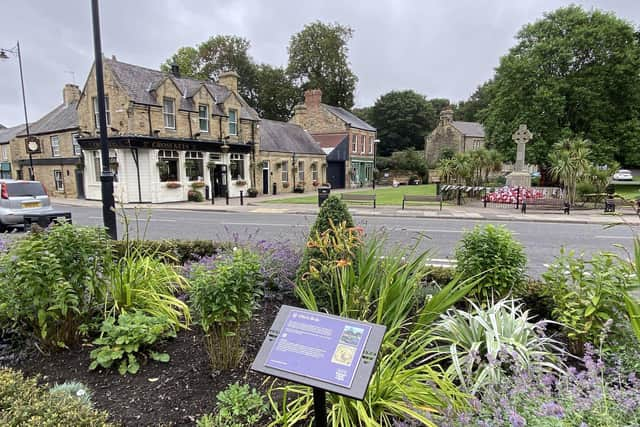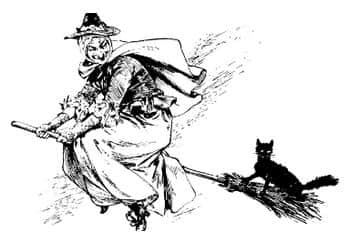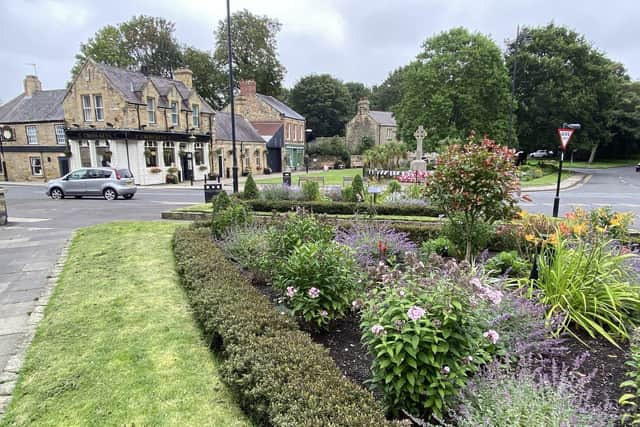The sad story of Jane Atkinson - the 'Washington Witch' accused of wiping out the town's cattle
and live on Freeview channel 276
So much for “progress”, because it isn’t the first Washington and it’s far from the first witch hunt. Or so the story goes. This tale dates back to 1696 and involved an elderly lady called Jane Atkinson.
Given the rate of illiteracy in England at that time, we are relying largely on over three centuries of word of mouth: history’s equivalent to “bloke in the pub said”.
Advertisement
Hide AdAdvertisement
Hide AdAnyway, Jane was blamed for a disease which wiped out Washington’s cattle. She was accused of casting a spell on the beasts, although her motives aren’t clear. Perhaps witches didn’t need milk or meat and she just did it for a lark.


The Enlightenment was underway by 1696, but it wasn’t moving quickly enough for Jane. Not perhaps approaching the matter with an open mind, a mob tied her up in a sack and lobbed her into the village pond. There weren’t enough suspected witches to justify the expense of a ducking stool.
The site of the pond is today occupied by the beautiful war memorial, so patrons of the Cross Keys pub would have had an excellent view of this atrocity.
With a prevailing sense of justice and British fair play, the outcome of the “trial” depended on Ms Atkinson’s physical response. If she insisted on not drowning, then she was clearly guilty and would be hanged. If she sank and remained at the bottom of the pond, she was innocent as she had not rejected baptismal water, ie. God.


Advertisement
Hide AdAdvertisement
Hide AdAt the third dunking she inconvenienced the judicial process by selfishly drowning, thereby making the trial seem nonsensical, perhaps even a tad harsh. But the unabashed villagers then claimed that she was guilty anyway. That being so it was jolly decent of them to have the trial at all.
Under the 1604 Witchcraft Act, witches were no longer burned at the stake.
Her death was supposedly put in the parish register with the word “witch” beside her name, although no evidence supports this claim.
But as we said, in 2020 making extraordinary claims doesn’t necessarily rely on evidence. Why not the 17th century? Provable facts? Pah! They can ruin a perfectly good story like this one.


Advertisement
Hide AdAdvertisement
Hide AdWhat is true is that in 1944, a Scottish “medium” called Helen Duncan was jailed for nine months for witchcraft. The Witchcraft Act was repealed the following year. This was 27 years after scientists had split the atom.
Upon release Duncan was less keen to “contact” the dead but joined them in 1956, no doubt to hatch heinous plots with Jane Atkinson on the other side.
As is inevitable with apocryphal tales, Ms Atkinson became a ghost. She also put a curse on Washington. Maybe. Navigation round the village and its environs would be rendered impossible as travellers were confronted with an incomprehensible number system instead of place names.
The curse was not completely lifted until 2006.
